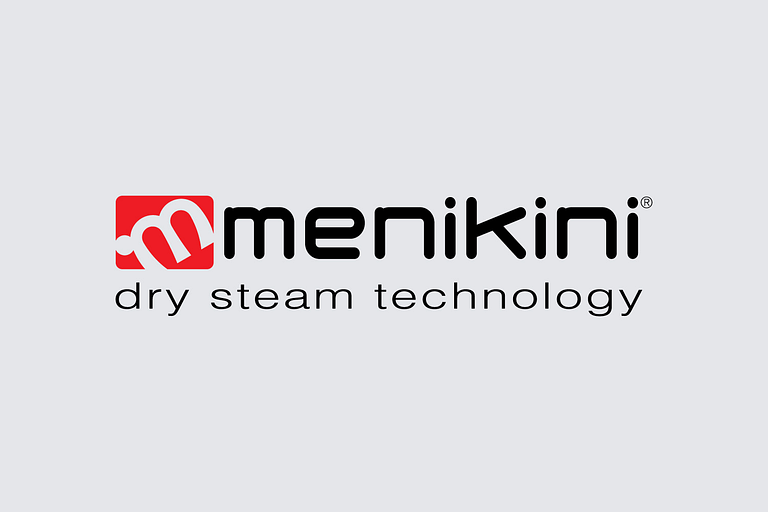The sales force plays a vital role for the company. Therefore, it must be managed properly, valuing it and providing the right tools for business activities.
How to manage it effectively? In this article we give you 5 tips, including the importance of valuing and motivating agents, the importance of continuing education, and choosing appropriate software.
In this regard we will tell you about Fluent Order, software for trading and agent management.
What is the sales force and what is its role
The sales force is a set of sales representatives whose task is to sell the products or services of the company engaged in the trade and other industries, addressing current and potential customers.
Its role is to create and develop the connection between the enterprise and the customer.
Salespeople are the first to intercept, and most effectively, feedback from customers and the market.
They provide valuable information to other departments in the company to achieve the sales target.
5 tips for managing the sales force effectively
How to manage one's sales force? It is important to ensure an adequate level of productivity.
Here are 5 tips for managing it effectively.
1. Values and motivates the sales force
Salespeople and sales agents are the direct contact persons for customers and leads and represent the company in front of customers.
They are an important source of information since they are always in contact with customers and thus have the opportunity to:
- Know the new market needs;
- Understanding the issues posed by customers;
- Know how competitors are doing through people's feedback;
- Understand why the estimate was not accepted;
- Analyze the data and understand where new business can be developed.
They can then provide accurate insights to support the company's strategic decisions: sales and marketing campaigns, customer journey, customer care activities, etc.
Therefore, it is important to listen to salespeople, give them due consideration, and motivate them to perform their tasks to the best of their ability.
You can give rewards and bonuses when achievements are made. It will incentivize them to work with the same desire and motivation for future goals.
2. Set clear goals
To achieve certain results, it is also important to set goals clearly .
The goals must be S.M.A.R.T., namely:
- Specific (specific), thus clear and well-defined;
- Measurable (measurable): tangible goals whose progress can be objectively measured;
- Achievable (achievable): attainable goals that can actually be achieved;
- Relevant (Relevant ): goals must be relevant, so it is best to define short-, medium- and long-term goals and revise them if necessary;
- Time-defined (time-based): time parameters and periodic deadlines must be defined.
To measure results in a practical and tangible way, key performance indicators ( KPIs ) are set. These are measurable and numerically quantifiable parameters such as: number of customer visits, phone calls made, business offers submitted, negotiations won or contracts signed.
3. Train your agents
Educating and training your sales force is time well spent: salespeople will be constantly updated, know how best to move, how to organize their time, what tools to use to increase their productivity.
Update your sales force on customers' needs, their evolutions and changes. Knowing your target market allows you to properly manage marketing strategies and sales actions and make them effective.
Fundamental to selling is studying the customer journey, that is, the path (online and offline) that customers follow to reach the company.
Getting to know the customer and making him anoffer calibrated to his needs means not wasting his time, completing the sale and being able to build a stable and trusting relationship with him.
4. Automate processes with marketing automation
Marketing automation strategies allow you to automate and speed up many marketing processes that are often repetitive:
- Practices such as entering data into a database;
- The registration and distribution of leads to contact;
- The creation of records.
Your sales force can then focus more on "core-selling" activities, more easily planning different marketing operations for different customers, saving effort, time and resources.
A key element of marketing automation is workflow, which makes work easier and faster by automating marketing actions when certain conditions are met. For example:
- The sending of e-mail;
- The storage of contacts in segmentation lists;
- Sending data to third-party systems;
- The management of customers who have filled out a form.
5. Use the right sales force management software
Technology helps make negotiations faster and simplifies the practical tasks of scheduling and managing appointments.
In addition to managing the active sales cycle, sales force management software enables the company to provide salespeople with up-to-date product and customer materials and information.
From presentations in line with the company mission to updated catalogs; from purchases made by customers to the presence of discounts and promotions to offer.
With a single, constantly updated online tool, the salesperson thus possesses an essential tool for sales management. All in a smartphone or tablet, easy to carry with you during client meetings.
Sales force software: Fluent Order provides everything agents need
Sales force software, such as our Fluent Order, handles various functions: lead management, customer account management, contact management, quote management, forecasting, customer demographics.
Fluent Order, which can be integrated with ERP management, organizes data on customers, discounts and freebies, and the definition of promotions. It allows all technical and commercial documentation to be available at all times.
Help salespeople increase their productivity:
- Accurate and updated data in real time: provides data related to customers (master data, order entry, order progress, deliveries) and related to promotions, changes on price lists, urgent communications;
- Time optimization: generates data in tabular and graphical form, allowing you to reduce the time spent on extrapolation and focus on information analysis;
- Ease of mobile use: multi-user and multi-platform, it is cloud-based and can be used offline, so no dedicated lines or powerful servers are needed. And considering that a sales representative spends a large part of the day between travel and customer visits, this is a great benefit!
Fluent Order is suitable for all industries in the commerce sector (including Fashion): we at DueEsseTi customize it according to your industry.
Manage your sales force with Fluent Order
Contact us: we will introduce you to the software and provide a free demo.



